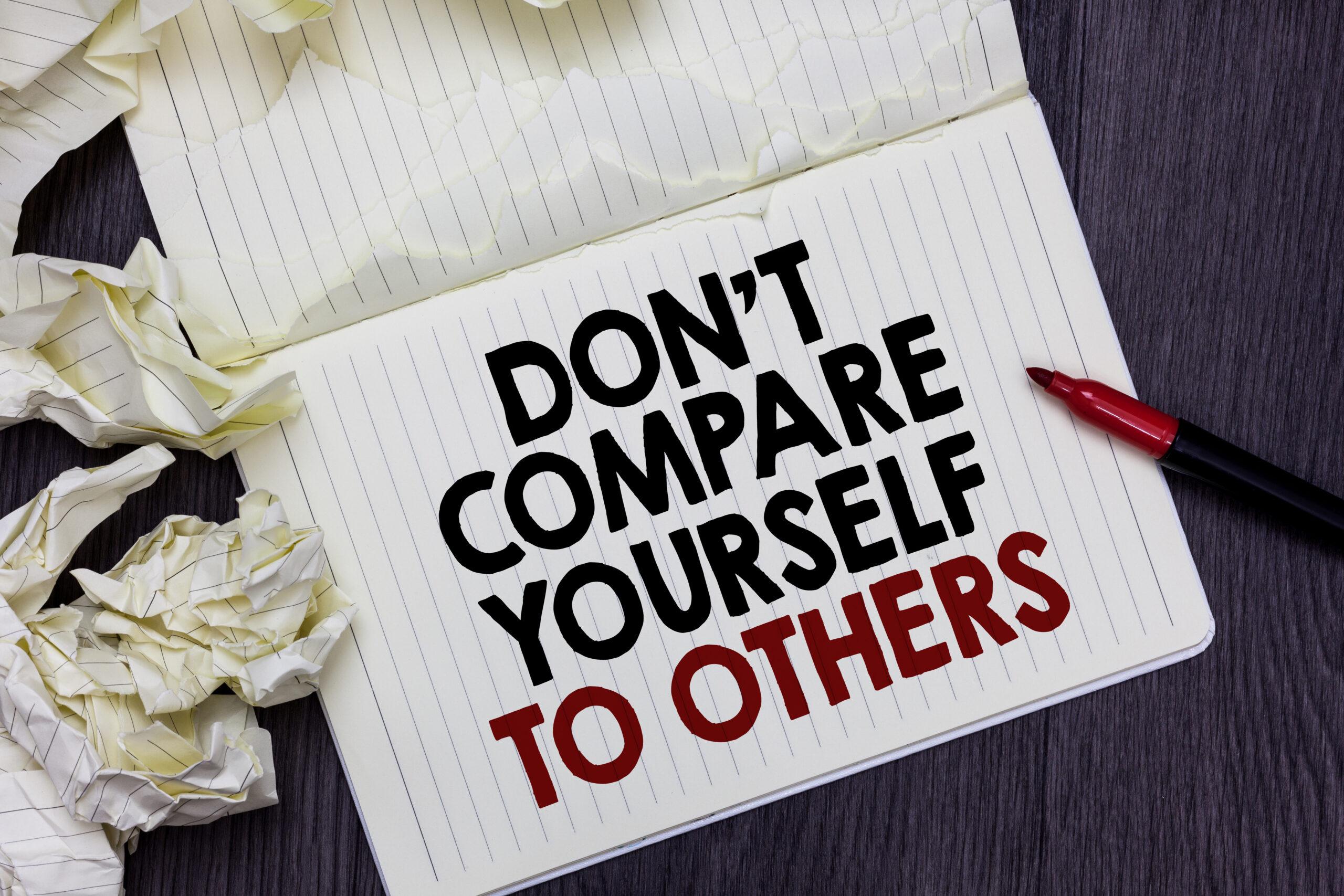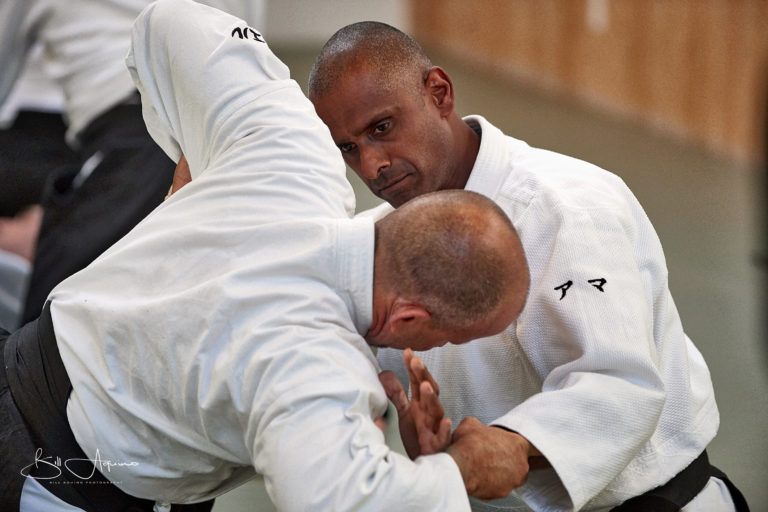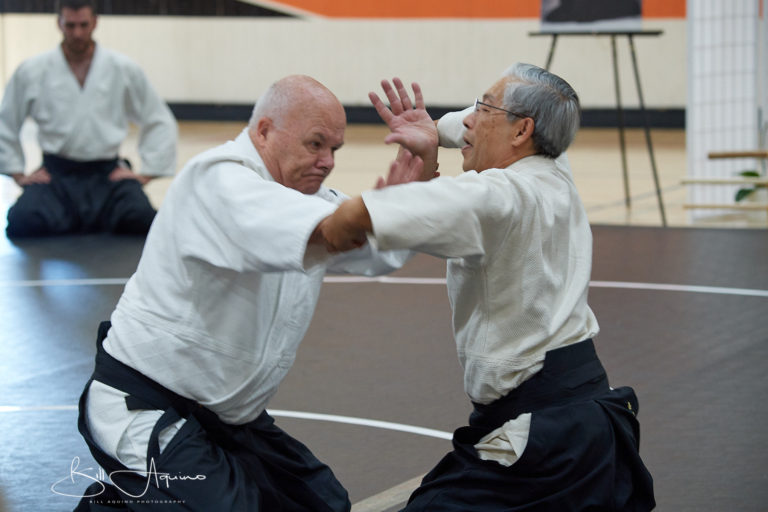Recently, our high school sophomore daughter opened up about a pressing concern. In a casual conversation, she expressed her unease about her peers’ intense pursuit of securing a spot in an Ivy League institution, shedding light on a pervasive competitive atmosphere and, surprisingly, ‘envy’! We discussed the significance of aligning her education with her true interests, emphasizing that she should choose a school based on its compatibility with her aspirations rather than its ‘status’.
Our conversation made me think about an intrinsic aspect of human behavior. Being social creatures, we have an ingrained habit of comparing ourselves with others. From achievements and possessions to levels of respect and attention, we’re always weighing and measuring, often subconsciously.
Why do we indulge in this endless cycle of comparison?
The answer lies in our inherent need to establish a ‘pecking order’ and determine our place in the social hierarchy. However, this can sometimes morph into a detrimental obsession. Among friends or professional circles, we find ourselves unsettled by someone else’s superiority in areas we hold dear. This unsettling feeling is envy — a complex emotion that can either motivate us to strive for better or trap us in a web of resentment.
Envy is often most potent within our immediate circles, where similarities and close monitoring are at their peak. It can be a driving force, propelling us to work harder and achieve more. However, it’s a double-edged sword. For some, what begins as a nudge towards self-improvement can spiral into malicious envy, prompting undermining behaviors and psychological sabotage.
Addressing envy is an uncomfortable yet crucial task, demanding that we confront our feelings of inadequacy instead of hiding behind the façade of moral indignation. This complex emotion often reveals itself in subtle ways, manifesting as excessive praise, veiled insults, or a general sense of discomfort surrounding others’ accomplishments. It’s essential to trust our instincts in these moments, as they help peel back the layers of pretense, guiding us to acknowledge and address the underlying envy rather than masking it with perceived injustices.
Yet, overcoming this predicament demands more than recognition; it requires changing our self-assessment metrics. As Theodore Roosevelt insightfully asserted, “Comparison is the thief of joy.” Comparing our private struggles to others’ highlights breeds discontent.
To break this cycle, we need a perspective shift: measuring our success against our past selves. Are we better than we were? Are we pushing our boundaries? This self-referential benchmark propels personal growth and fulfillment.
It’s more than self-improvement; it’s self-compassion. Victory lies in valuing our journey, understanding our worth isn’t relative to others. It’s about continuous self-evolution, cherishing progress. That’s the authentic human race – one where victory is universal.
In life’s marathon, the real trophy is personal growth. Focusing on being better versions of ourselves, we’re all winners, champions in our unique paths.



